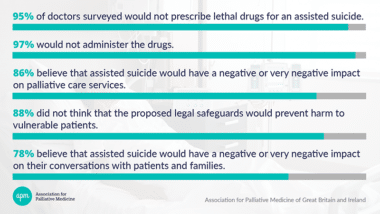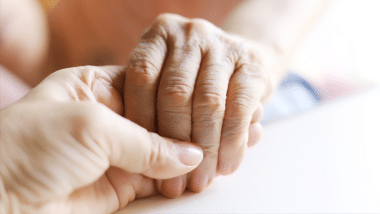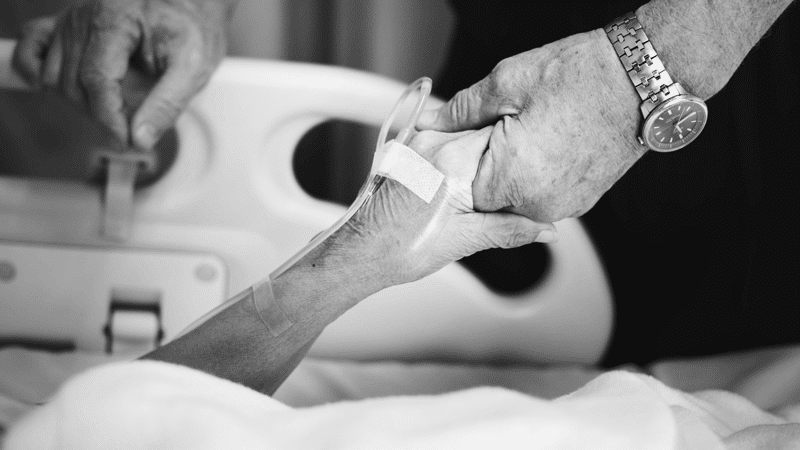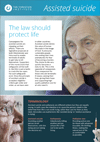Three quarters of palliative care doctors in Scotland would refuse to participate in any part of the assisted suicide process if it was legalised, a survey has revealed.
The poll, conducted last year by the Association for Palliative Medicine of Great Britain and Ireland, found that 95 per cent of respondents would not prescribe drugs for an assisted suicide. More than seven in ten (71 per cent) said they would consider resigning if their organisation implemented such programmes.
Under Liam McArthur MSP’s proposed Assisted Dying for Terminally Ill Adults (Scotland) Bill, anyone aged 16 or over deemed terminally ill and who has been resident in Scotland for twelve months would be allowed to receive help to kill themselves.
‘Cost savings’
Of those who responded, 90 per cent said that the Bill would not prevent people from being coerced into an assisted suicide, and 77 per cent said decisions “could be influenced by cost savings for health and social care”.
Almost eight in ten (78 per cent) also stated that assisted suicide would have a “negative or very negative impact on their conversations with patients and families”.
Dr Gillian Wright, Director of campaign group Our Duty of Care, said the “palliative care community has made a clear statement” that assisted suicide should not be legalised, and the “safeguards proposed will quickly be eroded as in other countries”.
Professor David Galloway, former President of the Royal College of Physicians and Surgeons of Glasgow, added: “It must never be the responsibility of a medical professional to actively terminate life – it is the very opposite of what we are trained to do.”

Society
The Church of Scotland recently warned that the relationship between the vulnerable and those with a duty of care would be “irredeemably altered” if society embraced assisted suicide.
Writing in The Scotsman, its moderator, Rt Revd Dr Iain Greenshields, said the Kirk remained implacably opposed to allowing any form of assisted suicide.
Introducing it, he suggested, would have “profound effects on how society regards those in our communities who are vulnerable”, including the elderly, the infirm and those with disabilities.

Canadian doctor who euthanised over 400 people boasts about man unable to consent
Experts expose ‘dehumanising’ assisted suicide proposals
Columnist: ‘Scotland at risk of nightmarish Canadian-style assisted suicide’


